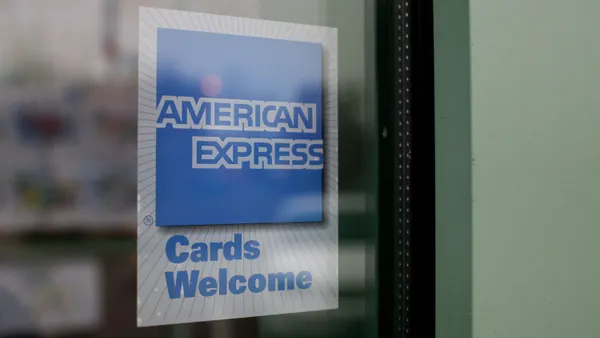Jamie Twiss is the CEO of the Australian firm Beforepay Group, a provider of lending services for consumers and businesses, including in the U.S. He is based in Sydney.
Open banking is one of the most important shifts in modern American finance — and it’s quietly being threatened.
The Consumer Financial Protection Bureau, under new leadership, is moving to end Rule 1033 — a rule designed to give Americans full control over their financial data.
Critics of the rule say its removal is justified on the grounds of consumer protection, but the rollback is going to hurt consumers, slow innovation, and decrease competition in banking.
Rule 1033 is simple and powerful. It says that consumers should be able to access their own financial data and share it with other providers. This makes it easier to shop around and switch financial services providers, leveling the playing field for large banks, community banks, credit unions, and fintechs. Rule 1033 allows consumers to get better products, better prices, and more control. It also allows lenders to use richer data to make smarter, fairer credit decisions, especially for people left behind by the traditional credit system.

Now, that vision is at risk. Earlier this month, the CFPB wrote in a federal court filing that “the Rule is unlawful and should be set aside,” asking a U.S. District Court in Kentucky to rescind the rule imminently. Doing so would open the door for banks to charge consumers for data access.
That’s not consumer protection — that’s adding a fee for people living their own financial lives. It entrenches the status quo and creates new friction just when innovation was beginning to break through.
The CFPB has suggested that Rule 1033 makes banks and consumers more vulnerable to data breaches. But experience overseas has shown the opposite to be true: In the absence of a standard, secure method of sharing data, customers will instead use a range of riskier alternatives, like emailing bank statements or sharing their login credentials for other providers to log onto their accounts.
Open banking lets consumers choose which institutions they trust and gives them the tools to act on that choice. A consumer’s banking data belongs to them; banks should no more be allowed to charge for sharing that data at a consumer’s request than they should be allowed to charge consumers to view it. In the UK and Australia, which have had open banking for years, it has expanded and improved access to credit, which has driven real competition. These elements give all consumers more freedom and underserved groups more skin in the game.
Open banking reinforces the free market. If consumers are best served by competition instead of regulation, open banking is a critical part of the solution, making it easier for individuals to shop around and switch providers. When customers can share their transaction history with a new provider in a few clicks, loyalty becomes something you earn, not something you inherit.
Pausing or gutting Rule 1033 wouldn’t just stall innovation. It would send a message that the system works best when it’s closed, controlled, and profitable for the biggest players. That’s not the direction that the U.S. should be heading in.
There’s plenty of room for debate about implementation, security, and oversight. But the core idea — that people should be able to use their own financial data to improve their financial lives — shouldn’t be controversial.
The system should empower consumers, not put up tollbooths. Rule 1033 is a step in the right direction. Walking it back now would be a costly mistake.













